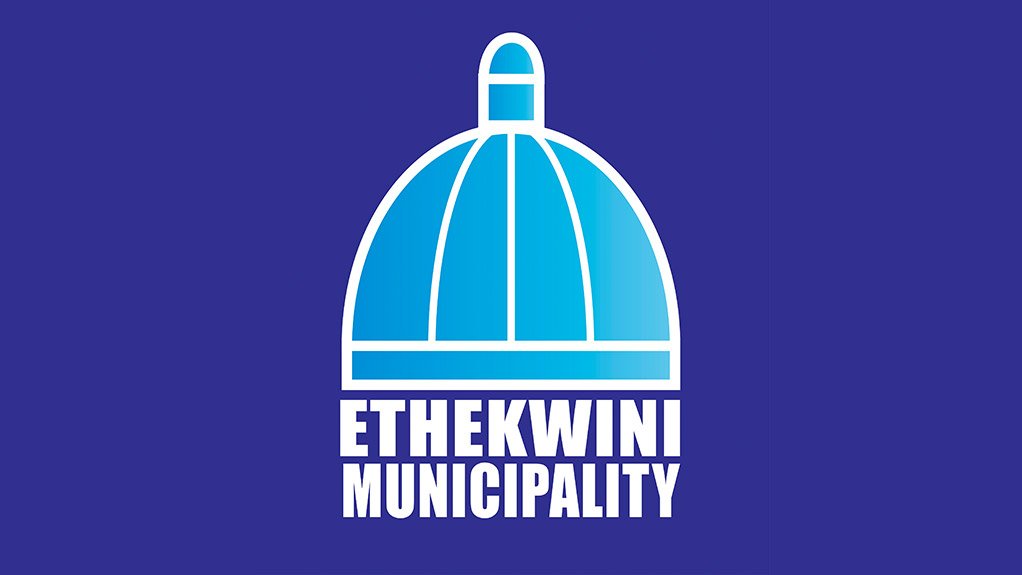/ MEDIA STATEMENT / The content on this page is not written by Polity.org.za, but is supplied by third parties. This content does not constitute news reporting by Polity.org.za.
The eThekwini Metro Audit Committee report for the second quarter of the fiscal year ending December 31, 2022, was tabled at a sitting of the executive committee in Tongaat Town Hall on Tuesday, 28 March 2023.
Despite efforts from Mayor Mxolisi Kaunda, in large part supported by members of the ANC and Co. to lambast the opposition for highlighting the many shortcomings as opposed to the governing party’s achievements, the report painted a very bleak picture of the behind-the-scenes situation that affects residents negatively daily.
DA Executive Committee member, Councillor Andre Beetge, analysed the report and input from Mayor Kaunda and City Manager Musa Mbhele, to highlight pertinent matters.
Revenue management in terms of prepaid electricity and vendor management
The report indicated a lack of reconciliation between the number of metres issued and new connections to ensure accuracy of revenue while noting that active metres had not purchased coupons for periods more than 12 months, thus indicating potential theft and contributing to electricity loss.
In response, the City chose to employ COVID excuses carried over from the previous financial year without any reference to the 45 000 smart metres that have been collecting dust in stores for the last year and that, had they been installed upon receipt, could’ve painted a different picture in the second quarter report.
The city failed to address the reasons for slow workshop turnaround times or the purchase of top-end models.
Municipal Standard Chart of Accounts (MSCOA)
It was found that the municipality’s non-conformity to MSCOA resulted in delays in achieving milestones such as the payment of service providers.
The city is facing challenges with MSCOA compliance, resulting in overgrown verges, low-hanging tree branches, and broken streetlights, but the department is working on a plan to comply by December 2024. Failing to do so, the city would lose grants from the national Treasury.
Housing rental
The responsible clusters plan only extended to establishing a committee to clarify responsibilities for the electricity unit blocking prepaid metres. There is no action plan, not a word on upgrades, only a committee to assess what an entire unit is already set up to do. This is despite a staggering R100 million in outstanding rentals and backlogs in lease terminations.
Investments
The mayor responded to the COGTA committee by encouraging the Durban Chamber of Commerce and Industry to change the economy, but failed to mention the increased vandalism to infrastructure that was costing the city millions along with a lack of repairs and maintenance, ineffective service delivery, an increased cost of doing business, a sub-optimal economic climate, and investment blockages.
Skills audit
Qualifications were not verified prior to appointment, job descriptions were vague without specifications, 37% of job descriptions lacked proper qualification requirements, 8% had qualifications below the minimum requirements, and there was noncompliance with minimum competency levels. Management's excuses included lack of a service provider, insisting that competency qualifications didn't always form part of the job description and suggesting trade unions be observers during the recruitment process.
Wastewater plants
Concern was expressed about the risk of wastewater plants becoming dysfunctional, leading to increased E. coli counts in the ocean and a negative impact on tourism and biodiversity. Despite the obvious, the city indicated that it had appointed consultants, treatment plants were partially operational, and license applications had been submitted. The mayor cited budgetary constraints and the mandatory infrastructure levy implemented in June 2022.
In terms of maintenance of the wastewater infrastructure, it was noted that the Mechanical and Electrical Department, responsible for maintenance of sanitation operations, had no maintenance strategy.
However, the Mayor, again in response during the COGTA sitting earlier in March, admitted that maintenance was not a priority as instead, capital projects to supply water and electricity to the previously disadvantaged were rather favoured, despite the mandatory infrastructure levy implemented in June 2022.
CCTV
The city's CCTV network is poorly maintained, with 100% of cameras in hot spots currently non-functional. Despite the monitoring burden being transferred from Disaster Management to Metro Police, there is no service provider contract in place, leading to crime and vandalism.
Water tankers
The report showed that the department did not have a policy or schedule for the fleet of water tankers, leading to increased hiring costs and underutilisation. Poor record keeping, non-submission of documents, and discrepancies in lists of tankers.
While management indicated that they were in the process of terminating outsourced tankers in favour of purchasing 55 new tankers that will be operational by May 2023, the Mayor appeared in support of further increasing charges in relation to the hire fleet by suggesting that the municipality charge service providers for water supplied to them for distribution to the city’s residents, free of charge.
Charging service providers for the water would result in an increased bill to the municipality, as the municipality currently hires tankers and drivers to distribute water collected from municipal outlets. This would only result in the municipality buying the water back from the same service provider at an inflated price, which is not in the best interest of the municipality or its people.
Issued by Councillor Andre Beetge - DA eThekwini executive committee member
EMAIL THIS ARTICLE SAVE THIS ARTICLE ARTICLE ENQUIRY
To subscribe email subscriptions@creamermedia.co.za or click here
To advertise email advertising@creamermedia.co.za or click here











